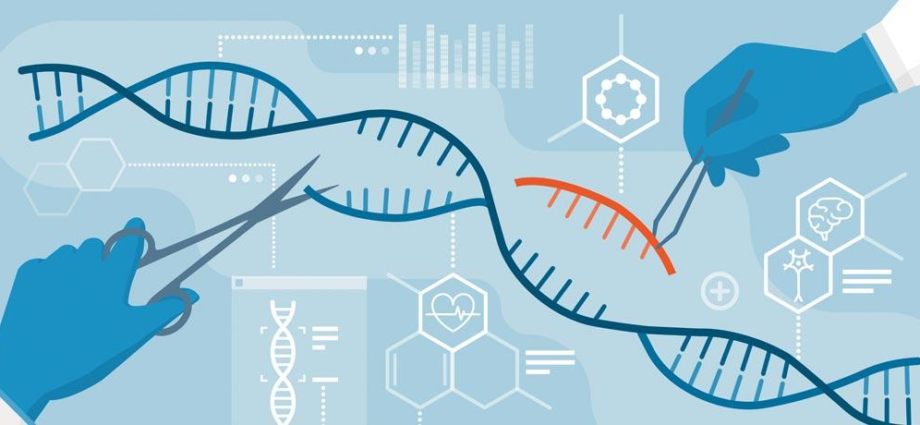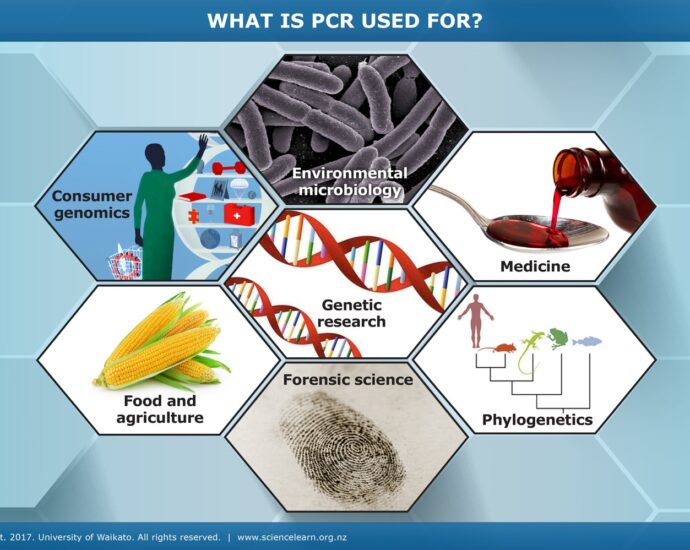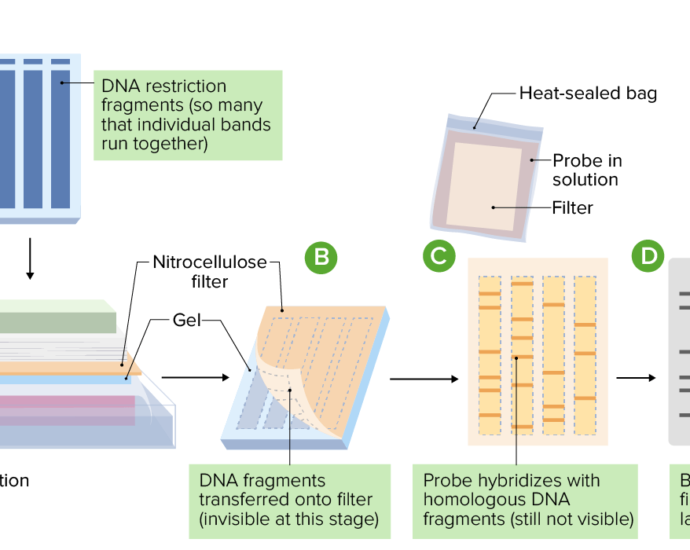CRISPR METHOD : FASCINATING PRINCIPLE, MECHANISM AND REAL LIFE APPLICATIONS.
In this article, we will discuss about the CRISPR method of molecular biology and forensic sciences. CRISPR-Cas9 (Clustered Regularly Interspaced Short Palindromic Repeats and CRISPR-associated protein 9) is a game-changing genetic engineering tool. It provides a precise and fast method for editing the genomes of many creatures, including humans. Understanding the principles and mechanisms behind CRISPR is critical for comprehending its potential and ramifications.Continue Reading








